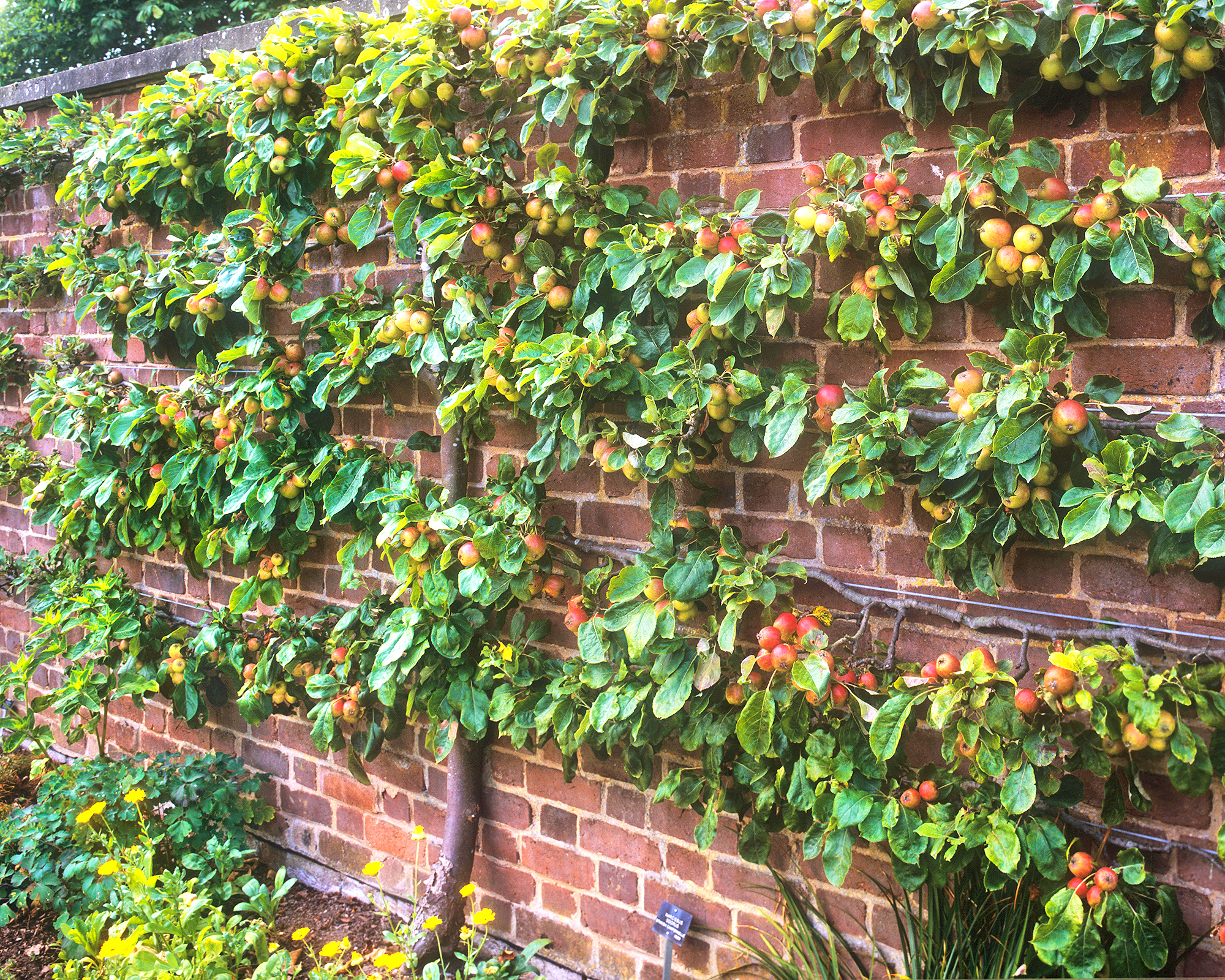Growing A Vertical Vegetable Garden
Not enough room for a traditional garden? Growing a vertical vegetable garden can be practical, fun and attractive.


Sign up for the Gardening Know How newsletter today and receive a free copy of our e-book "How to Grow Delicious Tomatoes".
You are now subscribed
Your newsletter sign-up was successful
Tips For Growing A Vertical Vegetable Garden
Do you live in the city? Are you confined to an apartment dwelling with little space for gardening? Do you want to grow a vegetable garden, but feel you don't have the room? If so, then I have news for you.
While limited spaces of a city life can be frustrating for the urban gardener, growing a vegetable garden is anything but impossible. In fact, with a little planning and imagination, vegetable gardens can be grown anywhere, regardless of space.
Vertical Vegetable Garden Info and Plants
Consider growing a vertical vegetable garden. You can easily produce the same amount of fresh vegetables without taking up excess space.
A vertical vegetable garden is easy to create. You can create one using shelves, hanging baskets, or trellises.
The first step is to determine what the conditions are like in the area you wish to place the vegetable garden, such as on the balcony.
The amount of sunlight will be the greatest factor in determining which plants will thrive in your urban environment. For instance, if you live in an area surrounded by other buildings, balcony or patio may be shaded most of the time; therefore, you should choose your plants accordingly. Leafy vegetables like lettuce, cabbage, and greens do well with limited sunlight, making good choices for shady areas.
If you are blessed with an abundance of sunshine, your selection of plants will be greater, as vegetables thrive best in full sun. Choices here can include:
Sign up for the Gardening Know How newsletter today and receive a free copy of our e-book "How to Grow Delicious Tomatoes".
Even vine crops, such as squash, pumpkins, and cucumbers can be grown as long as the container is deep enough to accommodate them and proper staking is available. Fill containers with peat moss and a suitable potting mix amended with compost or manure.
Growing a Vertical Vegetable Garden
Almost any vegetable that can be grown in a garden will also work well as a container-grown plant. Nearly any type of container can be used for growing vegetable plants. Old washtubs, wooden crates, gallon-sized (3.5 L.) coffee cans, and even five-gallon (19 L.) buckets can be implemented for growing crops as long as they provide adequate drainage.
Shelves
Since most vegetables can be easily grown in containers, shelves offer the benefit of growing numerous types of vegetables on each shelf as high up as you can reach or as space allows. You can position the vertical vegetable garden so that all of the plants receive adequate amounts of sunlight at the same time.
Although any type of shelving may be used, the best type is the kind with slats. This will allow better air circulation and during watering intervals, the excess water on the top shelves will trickle down to the bottom ones.
If shelves are not for you, containers can also be situated on tiers, forming a vertical appearance as well. Alternatively, vegetables can also be grown in hanging baskets or along trellises.
Hanging baskets
Hanging baskets can be placed on the balcony or on suitable hangers. Numerous types of vegetables can be grown in hanging baskets, especially those with trailing characteristics. Peppers and cherry tomatoes not only look good in hanging baskets, so do trailing plants, such as the sweet potato vine, but they also thrive nicely in them.
Keep them watered daily, however, since hanging baskets are more prone to drying out, especially during hot spells.
Trellises
Trellises can be used for the support of trailing or vine crops. A fence can also serve as a trellis for beans, peas, tomatoes and vine crops like squash and cucumbers.
Using corn stalks or sunflowers is another great way to take advantage of vertical space while making interesting pole supports for beans and other climbing vegetables.
Use a stepladder as a makeshift trellis to support vine-growing plants like pumpkins. The rungs of the ladder can be used to train the vines while placing the vegetables on its steps for further support - this also works well with tomato plants.
Be creative and find something that works for you and your unique situation. Growing a vertical vegetable garden is the perfect way for urban gardeners and others to still enjoy a bountiful harvest of freshly grown vegetables without taking up their already limited space.

Nikki Tilley has been gardening for nearly three decades. The former Senior Editor and Archivist of Gardening Know How, Nikki has also authored six gardening books.